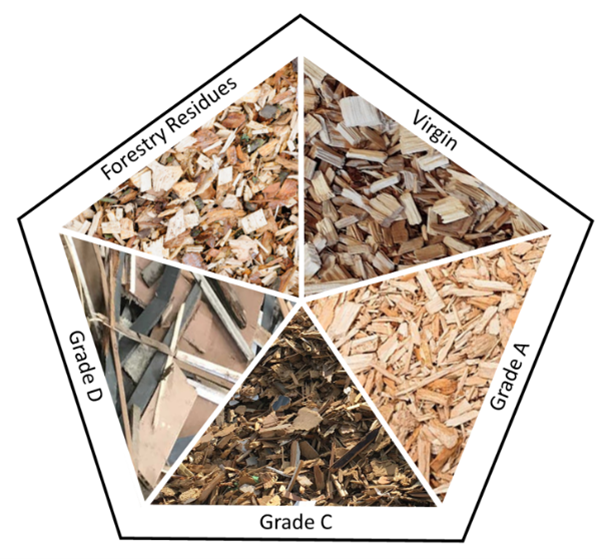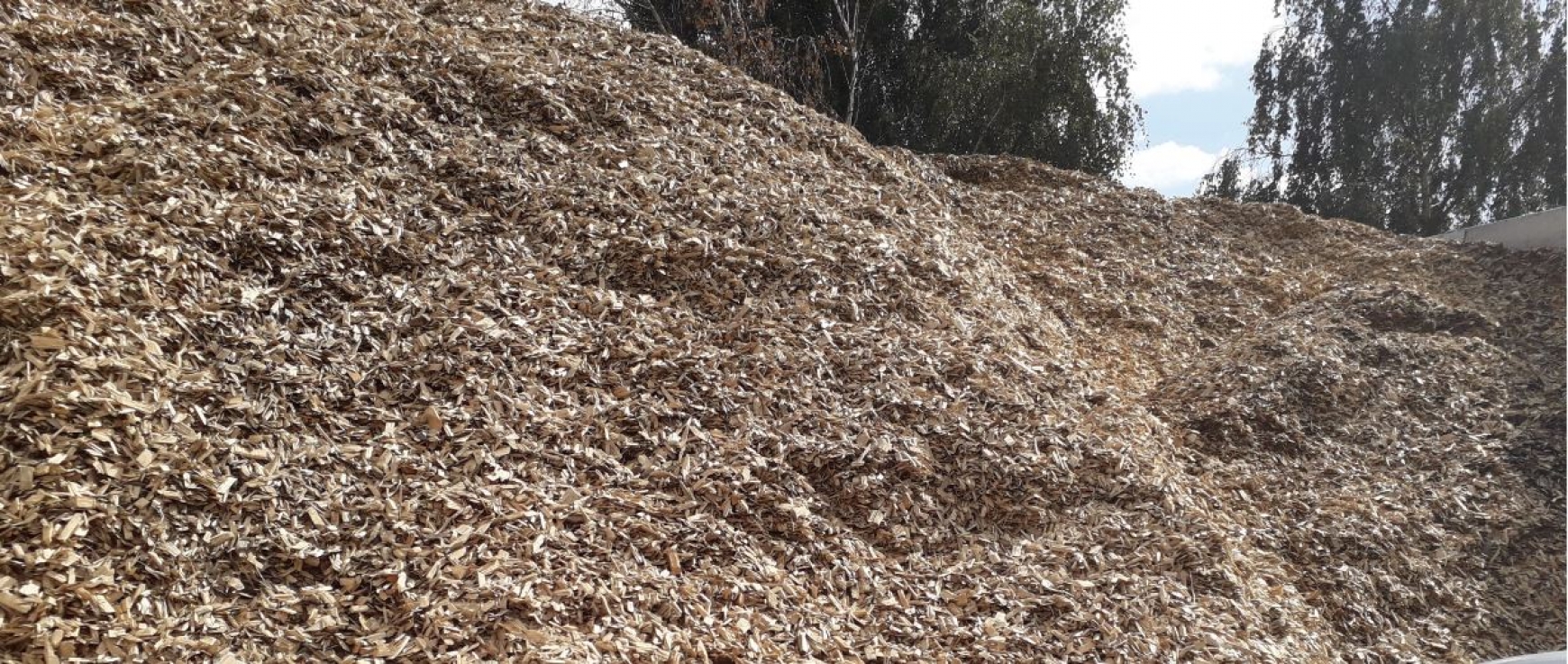For those with biomass boilers, renewable heat is a critical aspect of their business. However, what you buy and use on site can carry more weight than most would think.
In recent months, there have been significant developments and tightening of permitting compliance responsibilities regarding what wood boilers should be burning. For sites only combusting virgin wood sourced from specialised suppliers or their own/ wholesale produce like straw or miscanthus, the changes are less relevant. However, if a site burns waste wood, there are some things that you need to know.
What’s in your Permit?
If you want to incinerate waste wood, then you will need a permit either with your Local Authority (under 1 MW thermal input) or the Environment Agency (over 1 MW). Each permit will state the permitted wastes types and quantities that you may combust in a given year. You will also find the full source description of each waste type and their European Waste Catalogue (EWC) Codes.

What are EWC Codes?
EWC Codes are a critical reporting system that allows suppliers and operators to identify the types of wood, their sources, and what grading the fuel comes under (see right). They should be found on the Waste Transfer Notes and Delivery Receipts from the supplier.
Top Tip: We recommend you share your site permit with your suppliers and discuss what is expected for your deliveries to ensure that they come with the correct paperwork and have the correct grade, description and EWC code present, as per your permit.
Waste Carriers, Brokers and Dealers
Any suppliers you use should be a registered, permitted waste carrier and may be subject to regular audits by the Environment Agency. Suppliers have a Duty of Care to provide you with accurate and correct delivery paperwork containing the correct Waste Codes and descriptions. You may also wish to complete your own supplier audits to ensure they are compliant with your permit needs. If you are collecting and chipping waste wood yourself, you will also need to be registered as a waste carrier.
Wood Grading & Types
- Virgin Wood: If you are not permitted to burn waste wood, you should not purchase and accept anything except virgin wood for use on-site.
- Grade A (EWC 03.01.05 / 19.12.07 / 15.01.03): Also known as ‘Clean Recycled Wood’, which comes from pallets and packaging. No preservatives or treatments should be found if analysed and the results should be similar to tests for virgin.
- Grade B: This grade has been de-categorised and is now considered the same as Grade C wood.
- Grade C (EWC 17 02 01): May contain up to 60% Grade A wood that was rejected plus building/demo waste wood and some preserved wood and chipboard/plywood, but no wood treatments or preservatives should be allowed in either Grade.
- Grade D (EWC 19.12.06 / 20.01.38): All the above grades, plus treated wood that is considered hazardous.
- Forestry and Argo Residues Chips and Pellets (EWC 02.01.03 / 02.01.07 / 02.03.04 / 02.03.99): Chips and pellets made from agricultural residues, food processing wastes, are also considered wastes unless the manufacturer has secured an ‘End-of-Waste’ declaration from the Environment Agency. Clean straw bales (wholesale) are excluded from this category unless it is spoilt or had previous uses.
If in doubt, ask your supplier!
If you require any assistance regarding Environmental Permitting or advice regarding Waste Wood fuels, call the NFU Energy team on 0247 669 8899. Plus, keep up to date with this campaign at nfuenergy.co.uk


